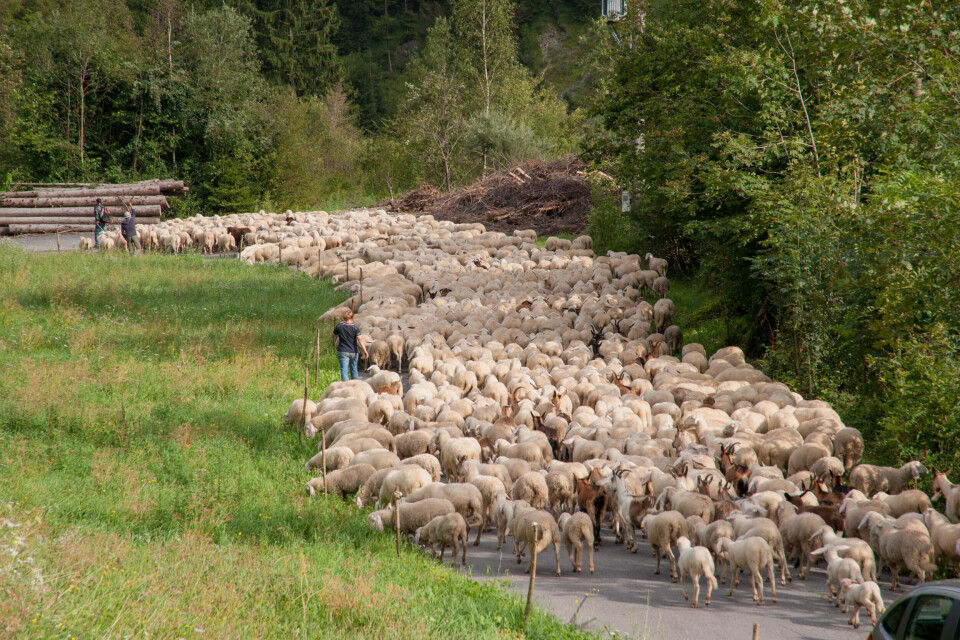-
90/180 rule: French MPS call for more flexibility
Many readers report difficulties caused by the limit, particularly where commitments span borders
-
90/180 days rule: readers tell of impacts on health and on family and working life
Rule affects Britons post-Brexit as well as other non-EU citizens such as Americans
-
French farmers give away potatoes due to overproduction
Hundreds of tonnes at risk of going to waste due to drop in demand and excess yield
Calls for French transhumance to be recognised as Unesco Heritage
The agricultural mountain practice of moving livestock seasonally should be acknowledged officially, says the president of Provence-Alpes-Côte d'Azur region

Transhumance, the practice of moving livestock from one grazing ground to another in a seasonal cycle, should be recognised as Unesco Intangible Cultural Heritage, the French PACA region has said.
Renaud Muselier, president of the Provence-Alpes-Côte d'Azur council, is attending this year’s flagship farming event, le Salon de l'agriculture in Paris, and has said that the campaign "has a good chance" of success.
He told BMFTV: “We’ve made the call, with the support of the state and other people in the south, and we think it’s a reminder that, if you love the countryside, you practise transhumance. Transhumance is part of our heritage, and it should be included.
“It has a good chance of being recognised by Unesco.”
Transhumance is often practised in agricultural mountain regions, particularly for herds of sheep used in the production of local milk, butter, yoghurt and cheese. It usually consists of the seasonal movement of livestock from winter to summer pastures and vice versa.
Le Salon de l’Agriculture, called the Paris International Agricultural Show in English, is taking place this year from February 26 to March 6, at the Paris exposition hall Porte de Versailles.
According to Unesco’s own definition, Intangible Cultural Heritage “includes traditions or living expressions inherited from our ancestors and passed on to our descendants, such as oral traditions, performing arts, social practices, rituals, festive events, knowledge and practices concerning nature and the universe or the knowledge and skills to produce traditional crafts”.
It “is an important factor in maintaining cultural diversity in the face of growing globalisation”, it says, and adds that “an understanding of the intangible cultural heritage of different communities helps with intercultural dialogue, and encourages mutual respect for other ways of life”.
It can be historical and contemporary, “thrives on the basis of community”, may be “passed on to the rest of the community, from generation to generation”, and “can only be heritage when it is recognised as such by the communities, groups or individuals that create, maintain and transmit it”.
Related articles
France pledges €240m for struggling at-home elderly care services
























